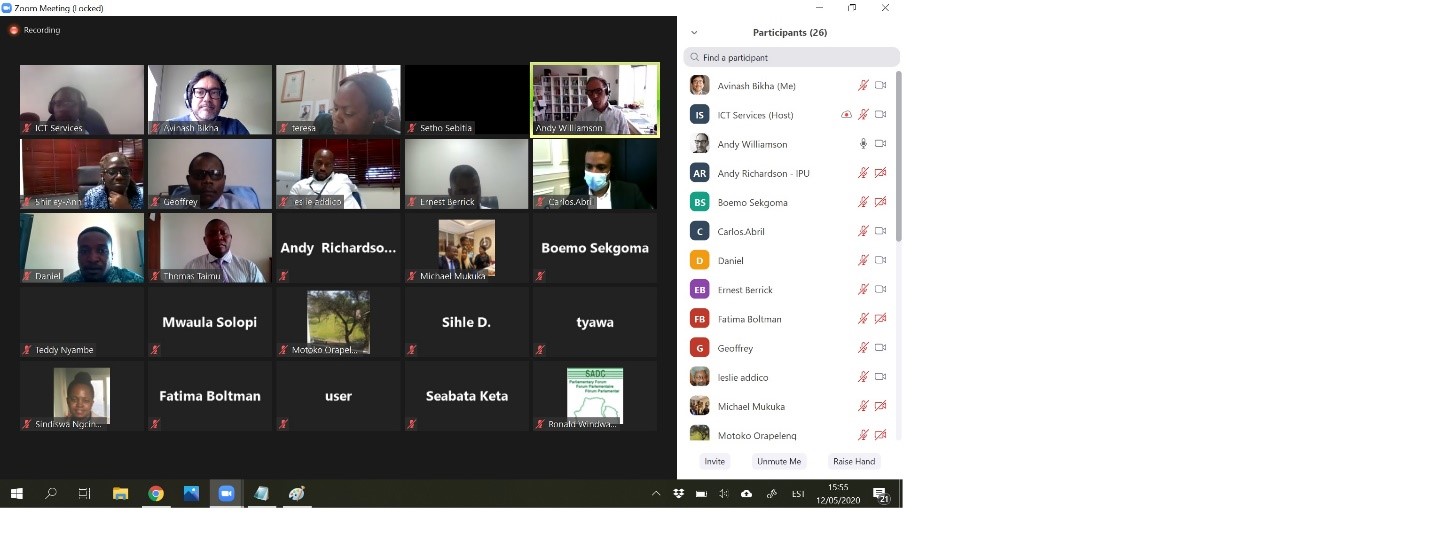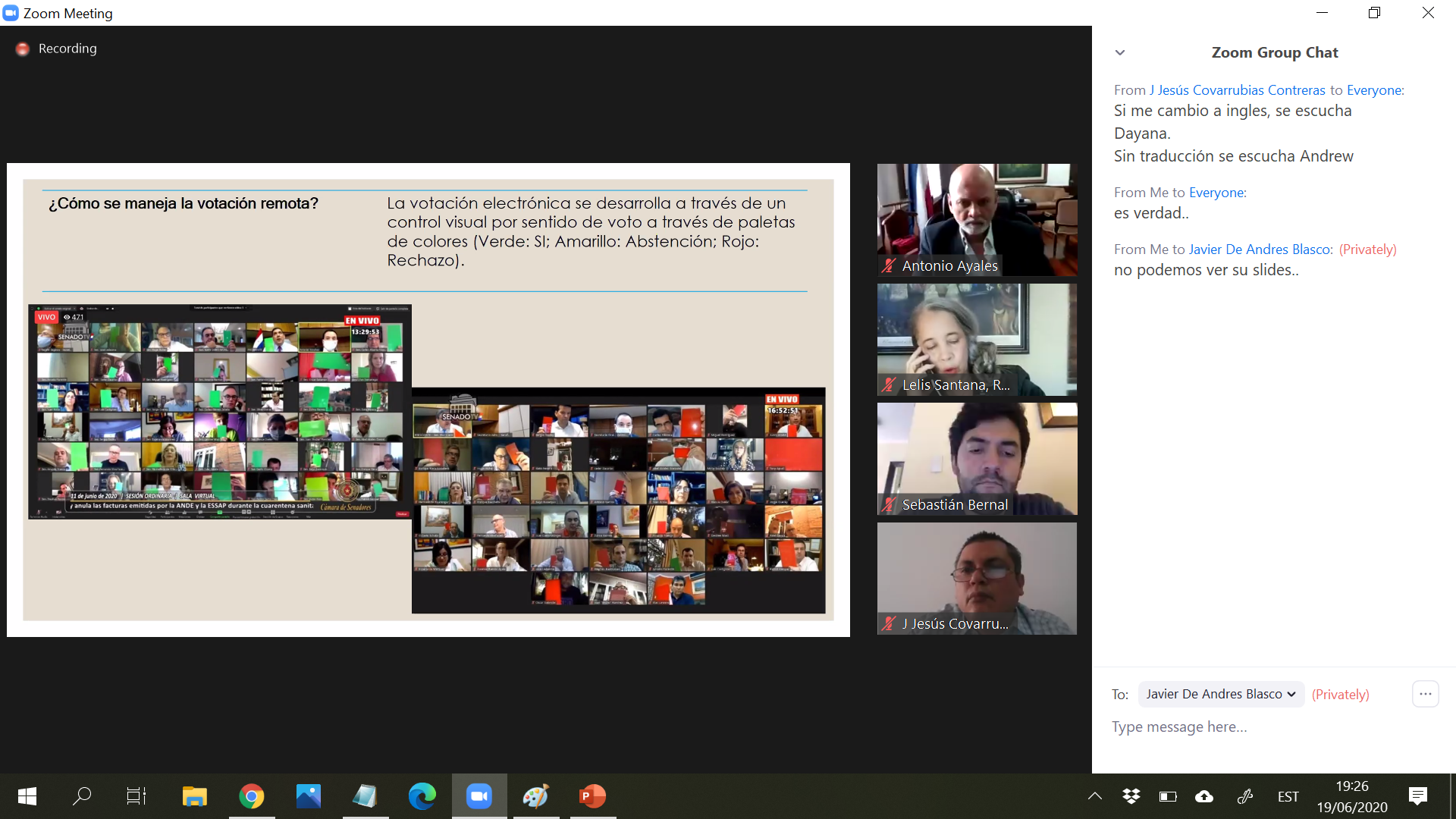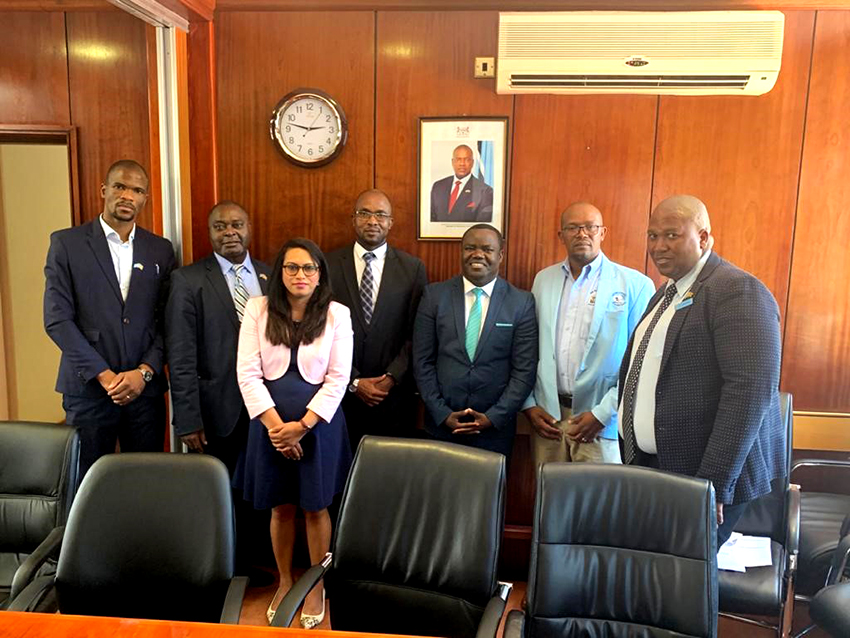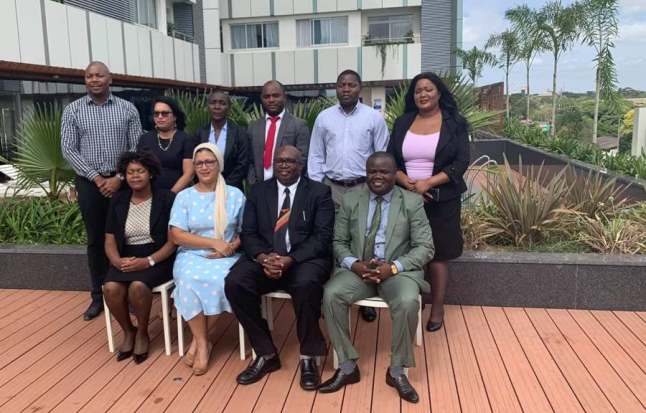At the meeting of ICT Directors of the Southern African Regional Hub in Lusaka from 28 to 29 March, participants drafted key documents such as the hub’s terms of reference, workplan and budget. The National Assembly of Zambia, as host of the Regional Hub, then convened a meeting of Clerks and Secretaries General of participating parliaments at the 140th IPU Assembly in Doha (see photo). During this meeting, the Heads of the parliamentary administration endorsed the overall process and agreed to form a Steering Committee, whose first task was to review and approve the Lusaka documents.
Meanwhile, the hub correspondents have been given the go-ahead to work on the initial activities including the compilation and sharing of ICT policies, project documents, and strategic plans, as well as information on existing services and systems. In addition, a data base of regional ICT experts is being developed. Having also identified ICT Governance as a key issue, collaboration and synergy with the ICT Governance Thematic Hub is being explored.
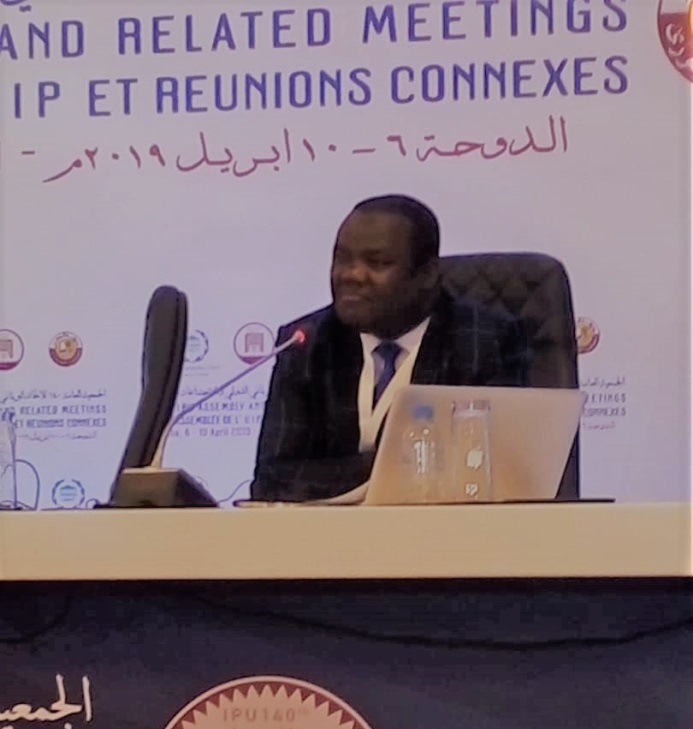
Image: Mr. Michael Mukuka, coordinator of the Southern African Regional Hub, briefing the participating parliaments during the 140th IPU Assembly, Doha, April 2019. © Parliament of Zambi





